Wars and Peace: Memoirs of a Conflict
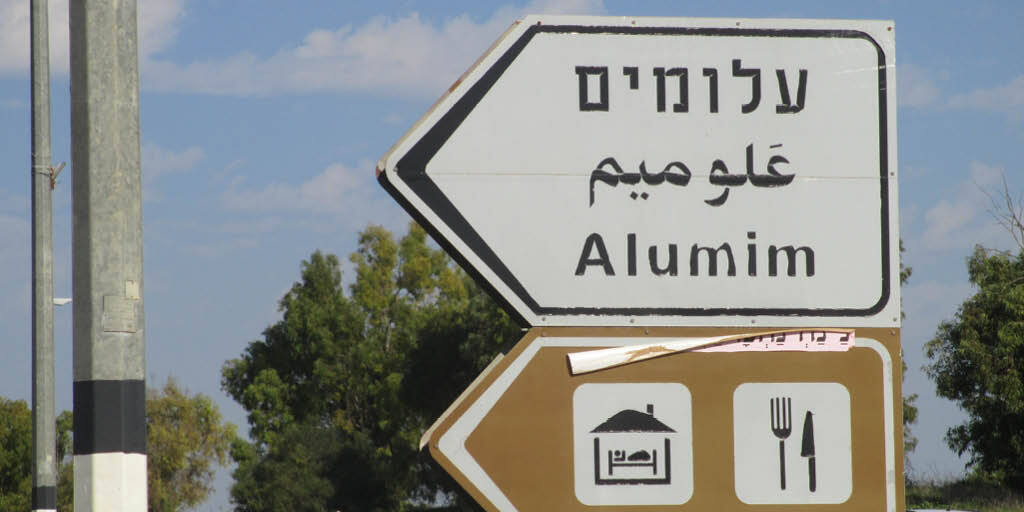
When I was an undergraduate at Columbia University in the late 1980s, I took a class on Arab nationalism at the School of International and Public Affairs. One day, I found myself vigorously sparring about Israel with some Muslim students in the course when a Palestinian student named Zuheir said, “I’ve been imprisoned and beaten in many Arab countries,” cutting the conversation short. After class Zuheir and I compared notes. He was born in 1948 and I in 1968. He observed that his life was cursed by the creation of Israel and that mine was cursed by the Occupation. His remark was like a clear radio signal cutting through all the noise. But he missed one important truth. To me, the creation of the State of Israel was a blessing. Although I was young, and in many ways foolish, I managed to keep two ideas in my head at the same time: the rebirth of Israel was one of the greatest accomplishments in Jewish and human history and that the matzav, as we had already come to call the Israeli-Palestinian “situation,” was a disaster.
It is not just Zuheir who ignored the blessing some thirty-plus years ago. Most of the discourse on American college campuses and op-ed pages still ignores or willfully erases this blessing. This inability to maintain two ideas simultaneously is at the heart of a pervasive wrongheadedness and moral failure in our public discourse. There must always be one and only one just side while the other side must be categorically unjust. There is only an oppressor and an oppressed. It is this ahistorical and immoral thought that underlays the justifications and equivocations which followed the Hamas massacre, before the dead and kidnapped had even been counted.
I was born in 1968, so I am old enough to have experienced key moments in the Israel-Palestinian conflict and young enough to still remember them clearly. In the spring of 1985, as a senior in high school, I spent a semester living, studying, and working on a small kibbutz in southern Israel named Alumim. It sits right on the border with Gaza between Be’eri and Kfar Azza, two of the hardest-hit communities in the Hamas attack of October 7. Somehow, through luck and the heroism of its security team, Alumim avoided being overrun by terrorists. The kibbutz had one of the most beautiful synagogues I had ever seen because the eastern wall you prayed toward was a giant window looking over open fields of crops. I hope it is intact.
Whenever we were out picking carrots in the fields we could see Gaza City nearby. At the time, Gaza was completely under the civil administration of the IDF, and the border was barely marked. In those days approximately 120,000 Gazans would travel daily to work in Israel, and the people from Alumim and other southern Israeli communities would frequently go into Gaza to shop. Some of the Gazan workers were employed by my cousin’s tannery in Petah Tikva.
In 1987, the First Intifada broke out, including small-scale terrorist attacks from Gaza. The border with Gaza became less permeable; there were curfews, lockdowns and strikes. Gazan workers stopped coming and were replaced by Thais, Slovaks, and others. I was in college at Columbia University, and students were protesting against Israel; I could see why. The Intifada did not look good, but even then one could detect in the rhetoric of many of the protestors that they were protesting Israel’s very existence, not its policies. I remembered the blessing and refused to lose sight of it over embarrassment about any particular policies. Even then, I could hold two ideas in my head and know which was more important. I took an Israeli flag and sat in the middle of College Walk. In retrospect, those relatively tame days were the start of the anti-Israel madness we see on campuses today. The anti-apartheid movement had been peaking in those years. Campus activists were mobilized and along came the Intifada. This timing was fundamental in the attempt to use the apartheid label to libel Israel. The progressive Jewish students, fresh from their shantytowns, were swept into the Free Palestine movement and they forgot that Israel was a blessing as they cursed Defense Minister Yitzhak Rabin for his “broken bones” policy in suppressing the Intifada.
In 1989, I graduated, made aliyah, and enlisted in the IDF. The next year I was on the streets of Gaza. We patrolled wearing our purple cloth berets with unloaded rifles. Our rules of engagement were to avoid doing anything that would unnecessarily incite more conflict. I hated being there. I didn’t want to be ruling these people. I also never witnessed a nonviolent protest—every protest involved throwing rocks, bottles full of feces, and sometime Molotov cocktails. When Saddam indiscriminately fired Scud missiles at Israeli cities there was mass jubilation. Little did I know that the Oslo negotiations to end this occupation were already in the works.
My service in the IDF also involved patrolling the security zone in southern Lebanon and manning the Beaufort Castle. When we patrolled in Lebanon, we wore helmets. Our rifles had a bullet in the chamber, safeties off, and fingers on the trigger. It was a combat zone with totally different rules of engagement. We knew that in southern Lebanon there were several terrorist groups who wanted to cross the border and murder Israeli civilians. There was also a group, Hezbollah, that was focused on fighting our presence in Lebanon. The IDF did not use force indiscriminately—it knew that Gaza and Lebanon were different, and each called for a different approach, commensurate with the threats faced. (The IDF, too, could keep more than one idea in its head.)
In 1993 when the Oslo agreements were signed, I was ecstatic. Palestinians in Gaza would rule themselves and their people would have a good source of income from working in Israel. Perhaps Israelis would even come back to shop in Gaza, and we would all live together peacefully to mutual benefit, working toward resolving remaining problems. I think Shimon Peres believed that too.
Hamas didn’t. They launched an unprecedented campaign of suicide bombings in Israel that fed the right-wing Jewish extremist ire toward Yitzhak Rabin, his assassination by Yigal Amir, and the eventual collapse of the Israeli left. Hamas made a choice. The alternative model was on the table, and 1985 was not then a distant memory. Progressive students and predictable pundits like to say, “what do you expect from people who have been living in a giant open-air prison?” But the “prisoners” have always had the key. They have refused to unlock the door.
In 1993 I was also a graduate student at MIT. Campus celebrity Noam Chomsky argued against Oslo because it fell short of the fullest aspirations of the Palestinians. Israel was moving away from the expansionism that he critiqued for so many years and Chomsky’s response was “not enough.” In Boston there was an Israeli radio show every Sunday morning, and when you woke up to sad music you knew an atrocity had happened Saturday night in Israel. Hamas had one idea in its head. Despite his beautiful mind, Chomsky also had one idea in his head: all agency in this conflict lies with Israel. I wrote a rebuttal of his extremism in the student paper.
Seven years later, in the spring of 2000, I was in Israel on vacation when the unilateral Israeli pullout from southern Lebanon happened. Over the 10-year period since I had served, the conflict had gotten bloodier and bloodier as Hezbollah gained strength. I was relieved. At least now no more young infantrymen would plod along roads looking for IEDs. That October, Hezbollah crossed the border and kidnapped 3 Israeli soldiers. Hezbollah, too, had only one idea in its head. For months, the UN “peacekeeping” force (UNIFIL) hid videotapes that revealed key information about the soldiers’ fates from Israeli authorities. A massive protest rally was planned at United Nations headquarters in September 2001 and I was eager to go. Then 9/11 happened.
By 2005, Yasser Arafat had initiated the bloody Second Intifada. Ariel Sharon crushed it but also oversaw the complete withdrawal of Israeli communities from Gaza. Following the by-then familiar script, I supported the pullout from Gaza. I had guarded those communities with my life but always thought that it was an untenable situation. The separation from Gaza was followed quickly by the violent Hamas takeover. Again, they had a choice. They could have ruled Gaza as an independent Islamic state with free and peaceful economic interaction with Israel. Instead they invested the lion’s share of international aid in a corrupt patronage system and the tools of war and murder. And here we are today.
Was I a fool to support Oslo, the withdrawal from southern Lebanon, and the evacuation of Gaza? There are many Israelis today who would say yes. Was I a hypocrite for serving in the IDF even though I was troubled by the occupation of Gaza and the West Bank and questioned the strategic wisdom of the Lebanon security zone? Many would answer yes to that question too. But when I look back, I don’t feel any regrets. I was being a human, living in the real world. The real world of history is one in which citizens must have a strong army willing to defend their borders, even if it is sometimes placed in morally ambiguous situations. This is also a world in which you must try to make peace with your enemies even though you don’t trust them. Israel’s creation by the United Nations was a simultaneous creation of a Palestinian state. The two were never mutually exclusive. The Palestinians and Arab world rejected having those two ideas in their heads at the same time.
As an academic at a prestigious university, it has been astonishing to see so many professors, especially in the humanities, demonstrating that they fail to understand what it is to be human. Despite building careers in which they have studied complex subjects from every angle, when it comes to this conflict, they are incapable of seeing human complexity. To these professors, the Israeli government is a colonial force and thus malign; the Palestinians simply have natural or postcolonial reactions to the Israeli government; and the Israeli people are irrelevant, faceless, white, settlers, and colonists—but they have all the agency and all the culpability. This leads many of my colleagues to gloss over the reality that Hamas and Islamic Jihad started their multiyear vicious campaign of suicide bombings in 1993 when the Oslo accords were finalized and signed. These bombings destroyed the Israeli public’s faith in the sincerity of Palestinian’s desire for coexistence. The Israeli Left never recovered.
Meanwhile, the global Left has a lexicon: apartheid, genocide, and colonialism, but no grasp of reality. They have a theory but never interrogate or test it. To take a personal example: do they classify my father, a fourteen-year-old Polish Jew arriving to Israel on May 14, 1948, from a DP camp in Cyprus, as a colonist? What country or empire was he colonizing on behalf of? Wouldn’t it make more sense to see him as a migrant war refugee? Were none of the Palestinians of 1948 descendants of post-World War I immigrants from Iraq, Syria, and Transjordan?
Such one-sidedness is at the heart of the fetishistic virtue signaling of so many of my colleagues. Put aside the morally abhorrent statements that put all blame for October 7 on Israel. Put aside the vacuous statements of sympathy for all injured parties. Focus instead on the statements that, with seeming fair-mindedness, call out Hamas as committing war crimes and criticize the means Israel is applying to bring about Hamas’s demise. Such magical thinking serves only one purpose, and that is to make the signatories feel good about themselves. If Israel follows their advice and loses its struggle against Hamas, Hezbollah, and Iran, will the faculty of Yale University issue a statement that they were wrong after all?
The beliefs of too many people about Israel and Palestine are so petrified that even the day after the barbarism of October 7 they could not admit a shred of doubt about their established positions. The exception is the Israeli Left, which was revived during the judicial protests, and has now been brutally reminded of what it means to live in the real, historical world—and to keep more than one idea in one’s head.
Comments
You must log in to comment Log In
Suggested Reading
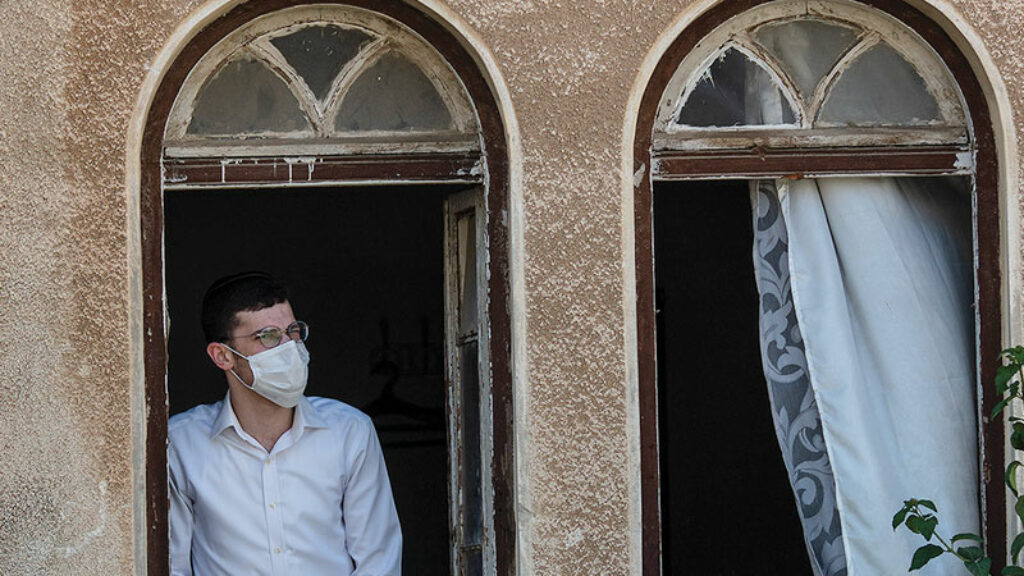
Haredim and COVID-19: Tenants or Landlords?
Between rabbinic rulings and public policy: a response from Daniel Goldman and Yossi Shain and a rejoinder from Yehoshua Pfeffer.
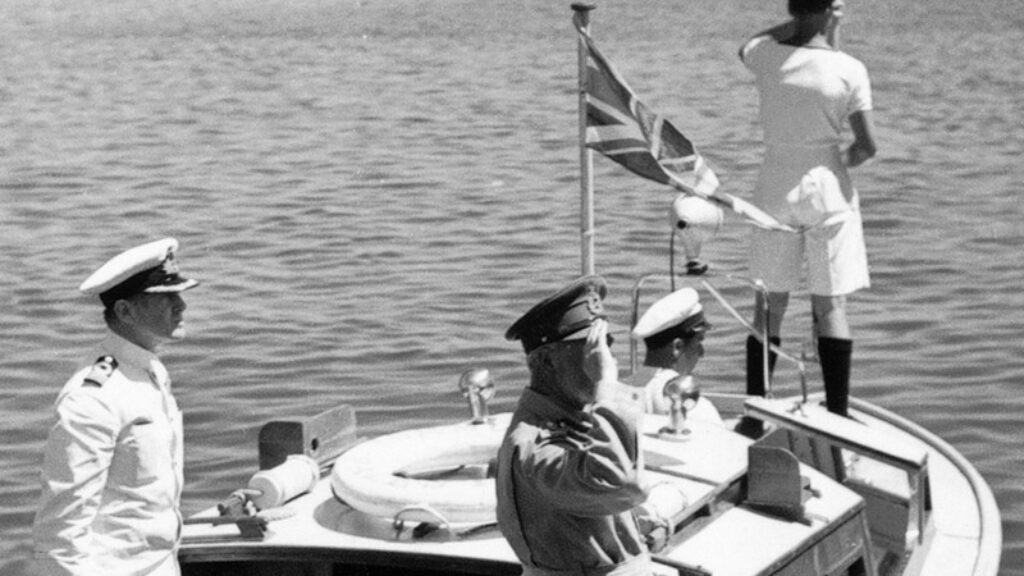
History—and Israel—from the Outside In
Chaim Weizmann's outsider view of the Yishuv often led to conflict with the Zionist leaders based in British Mandatory Palestine. But it was precisely that perspective that present-day historians (and arguably Israelis) would do well to recover.

Jerusalem in Albion
The inclusion of Hebrew manuscripts was a priority for Thomas Bodley in 1598, when he began turning the university’s library into the institution of international and historic renown that would bear his name.

Remembering the Plutocrat and the Diplomat
Most things in Berlin speak to the city’s troubled past, and the newly opened James Simon Galerie is no exception.

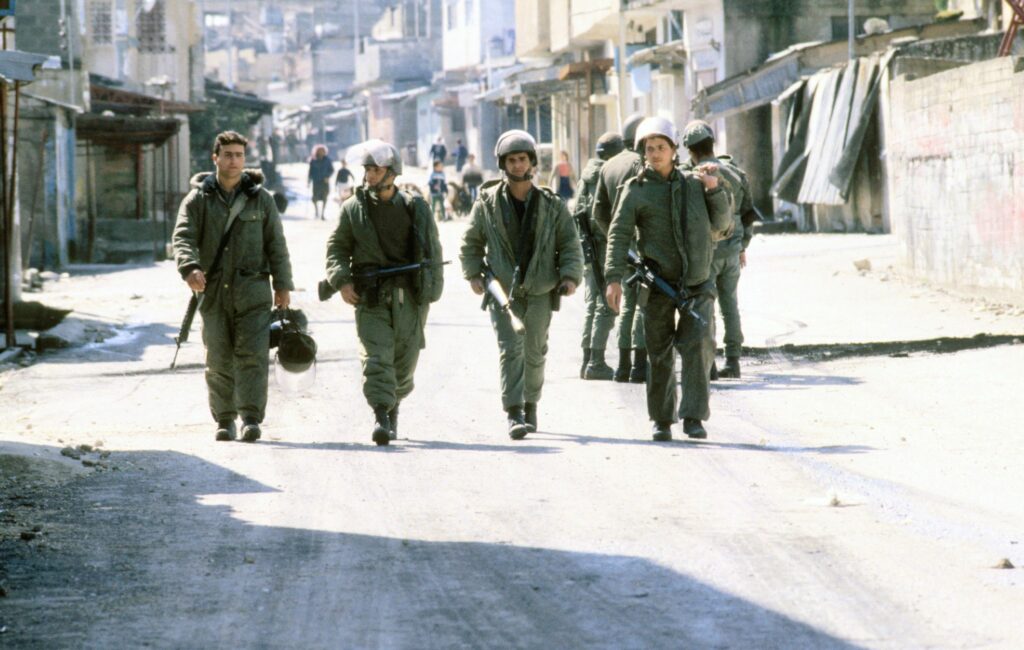
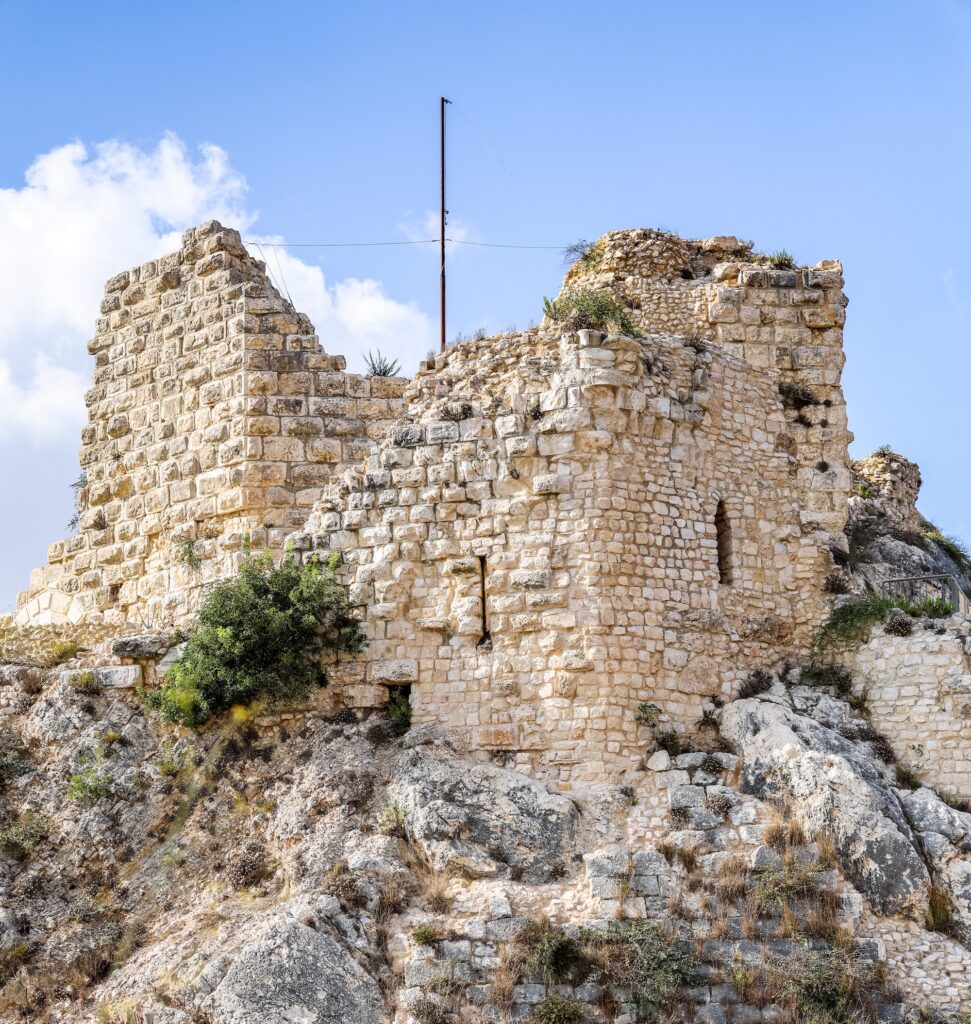
James Goodman
Powerful essay, with a devastating final four paragraphs. Especially for a fellow college professor.
Robert Silverman
As a "retired" professor and a long-time academic journal editor, your statement regarding the pattern of academics studying "complex subjects from every angle," is not one evident in my experience. Most academics in my experience are linear thinkers, that is, is following a line of thought through paradigmatic lenses, sitting on the shoulders of those who preceded them or sitting at their feet. With a concern for being cited in high-impact journals such that their work is within a" lineage" of thinking, one is less likely to find a kind of horizontal cognition that might give birth to or allow the logic you believe is currently evident. And on top of that, the need to survive student evaluations, if not only colleagues' expectations, keeps folks in line.
Barry Meislin
The lovely synagogue in Kibbutz Alumim was burned down, as was the main dining room building, AFTER the kibbutz members were extracted from the kibbutz.
Edieal Pinker
So sad to hear.